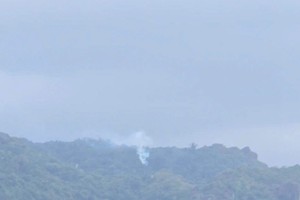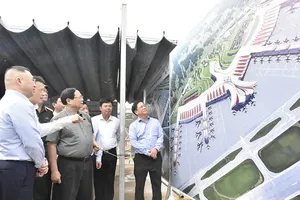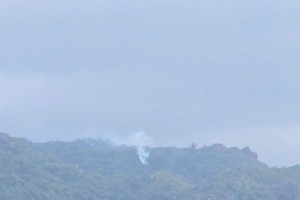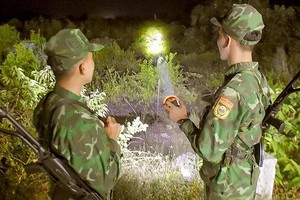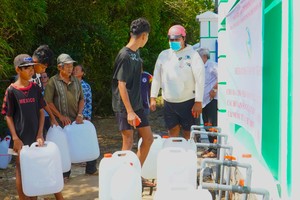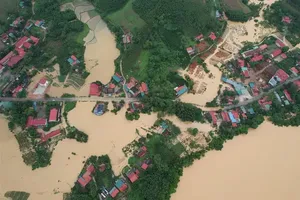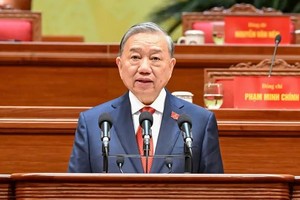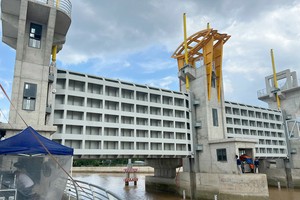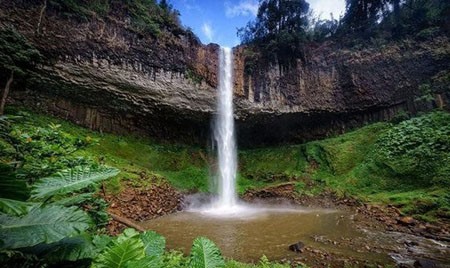
The most meaningful of all is the approval of the 14th National Assembly about the adjusted Law on Environment Protection. In this important legal document, it is the first time that Vietnamese citizens are classified as a subject in environment protection tasks.
In addition, the Law has changed methods of environment management in projects to closely observe current environment criteria, to monitor projects with a high potential of damaging the environment, to regulate waste handling processes for circular economy and sustainable economic growth, and to promote the recovery as well as development of natural resources.
Other events are as followed:
3. The integration and operation of the e-government in Vietnam was successful, allowing the provision of level-4 public services and the connection of the National Public Service Portal, the National Report and Information System, the Government’s Directive and Administrative Information System. This has positively affected the performance of public services in the natural resources and environment field.
4. The updates of Nationally Determined Contributions (NDC) were complete.
5. The National Steering Committee on the Implementation of Strategy for Sustainable Development of Marine Economy by 2030 was established, chaired by the Prime Minister.
6. Dak Nong Geopark was recognized by UNESCO to be the third global geopark. Along with this is the establishment of Thai Thuy Wetland Nature Reserve (located in the northern province of Thai Binh) and Tam Giang – Cau Hai Wetland Nature Reserve (sited in the central province of Thua Thien – Hue).
7. The World Economic Forum (WEF) and the Ministry of Natural Resources and Environment signed an agreement on the program ‘National Plastic Action Partnerships’ and the project ‘Reducing Plastic Waste in Oceans’.
8. The topographic map for the land border between Vietnam – Cambodia was completed, with the scale of 1:25,000.
9. The first phase of the Governmental project ‘Investigating and Locating Underground Water Sources in Mountainous Areas and Regions with Severe Lack of Water’ was finished.
10. The national-scaled scientific-technological program about coping with climate change and managing natural resources, environment in the period from 2016-2020 came to the end, with significant achievements. Many projects in this program were registered for intellectual property right, and over 230 articles were published, 77 of which were in prestigious international ISI or Scopus journals.





